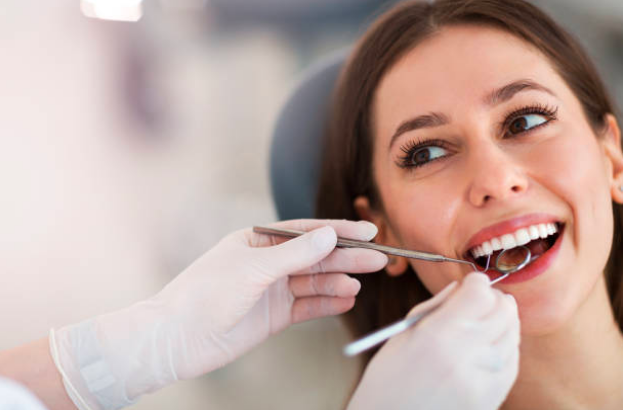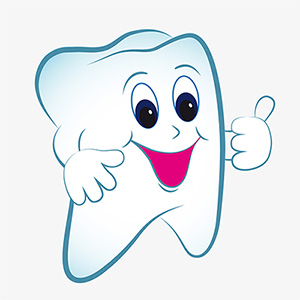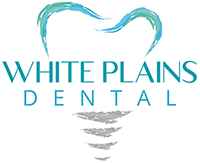What is a dental checkup?
During a dental checkup, the dental professional will take an extensive look at their patient’s oral health and address any issues found. This appointment will usually consist of a cleaning, x-rays, and an exam by the dentist. Routine dental checkups are important because they help with maintaining healthy teeth and gums, and prevent serious health issues from developing.
What happens at the typical dental checkup appointment?
Two dental professionals will see you at regular checkups: the dentist and the dental hygienist. The hygienist will first record any changes in your overall health and medicine use, do an initial oral exam of your gums, clean and polish your teeth, educate you about the best care for your teeth and gums, and answer any questions you might have. The dentist will also conduct an exam which includes evaluating the condition of your teeth and gums, looking for signs of cancer or other related diseases, diagnosing oral health problems, and proposing treatment recommendations.
X-rays are typically taken once a year, unless the patient has an issue with a specific area of their teeth. The dentist will assess how often dental X-rays are necessary during the oral exam by considering the patient’s dental history and the risk for developing cavities. X-rays are great ways to check the condition of existing fillings and crowns too.

Based on the results of the exam, the hygienist might recommend additional instructions for the patient to follow at home. It is important to establish a dental routine at home, and patients shouldn’t hesitate to ask their hygienists questions about general care. If the patient has existing dental issues that need to be addressed, the dentist will recommend the best next step whether it be restorative work, a referral to another oral healthcare specialist, or additional diagnostic tests.
How are the teeth cleaned?
Although tooth brushing and flossing at home help remove plaque, only a professional cleaning can effectively remove all the hardened plaque, called calculus, that builds up on teeth. Hygienists will use a special set of instruments to scale the calculus off of the teeth, especially in places a toothbrush won’t reach like under the gums. Some hygienists will use ultrasonic scalers if the calculus is significant enough, which help clean even deeper below the gum line. After the teeth have been scaled, they are polished with fluoride paste to remove plaque and stains on the tooth’s surface.

Did you know?
What happens if you don’t get cleanings?
When plaque sits on the teeth for a long time, it can cause demineralization of the tooth structure and decay. Untreated tooth decay can eventually turn into an abscess, and is a contributing factor to gum or periodontal disease. The gums are present to provide a tight cover around the teeth and roots, however when plaque is present the gums get irritated, causing them to push back and allowing bacteria to flow in.
How often should you get a dental checkup?
Traditionally, dental checkups are scheduled every six months, however some patients may need a little more attention and will be recommended to come more frequently. Patients with gum disease, or who are at a high risk for cavities may be placed on a three or four month recall. The dentist and hygienist will help decide the best plan based on the patient’s dental needs.
What else makes dental checkups important?
Dental checkups include more than just a general oral health evaluation. Aside from checking your teeth and gums for cavities and diseases, the dentist will assess your bite and jaw for problems. They will feel the patient’s face around the jaw bones and ask them to bite down. This is so the dentist can ensure that their bite is smooth, aligned, and there is no clicking or popping from the jaw joints. They will also look at the grooves of the teeth to see if any of them have been cracked or smoothed down from grinding or clenching habits. These issues can happen overtime and can affect daily activities such as talking, eating, and sleeping.
